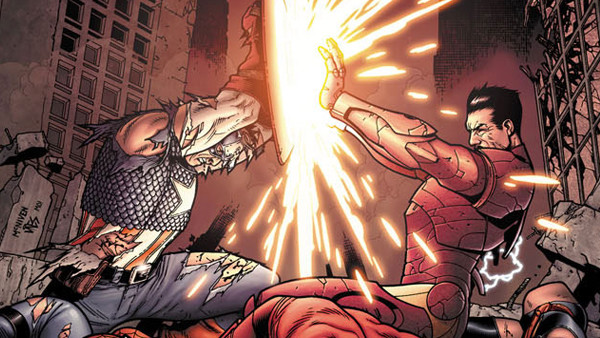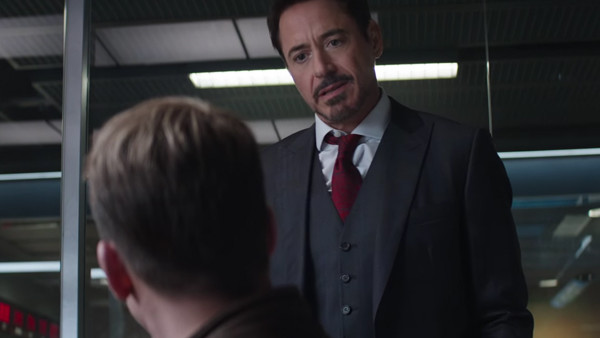The Disturbing Truth Behind Marvel's Civil War
The Real Purpose Of Civil War

If Marvel were going to make a go of bringing their B-List heroes to the screen (and Iron Man was so definitely B-List, evidenced by how there was precisely no resistance to Robert Downey, Jr.'s alternative take on Tony Stark), they needed to do it with conviction. You can see that confidence throughout all the creative decisions made by Marvel Studios and in the way the films handle themselves, but it would have meant nothing if audiences weren't open to the idea of these heroes being headliners.
The targeted narrative of Civil War seems to suggest it was made to rectify this; it laid much of the character groundwork for the MCU and began a concerted effort to reduce the prominence of those not involved (bar Spider-Man, who I'm willing to bet was included because, well, he's Spider-Man). That's not to suggest the plan was in a decade's time to turn it into a movie directed by the guys who did You, Me and Dupree (although the hope will most certainly have been there), nor that this was intended to change the universe completely (at the end of the day, Mark Millar wanted to tell a good story) - it was more of a shift to ensure the world better welcomed The Avengers. This is best seen in the pure concept of the book.

Hero-versus-hero events aren't as prevalent in comic book history as you may expect, but they sure capture the popular imagination; Cap fighting Red Skull is whatever, but him taking on Iron Man is a big deal. Why do you think Warner Bros. were so desperate to make a Batman vs. Superman movie for the past decade, to the point they seemingly didn't even check if the finished product was any good before releasing?
This means the rare arc that does deal with this promises good sales, seamlessly builds a massive crossover event and, crucially, gains mainstream attention. By having Cap fighting Iron Man a lynchpin event of the universe, Marvel made them appear like the biggest heroes in that world. So, when people saw a snazzy poster for Iron Man in summer 2008, it wasn't met with a "What a joke, I'm waiting for The Dark Knight," but a "Oh, I've heard he's really cool."
This was just the start though. Civil War led directly into the death of Captain America - an event that likewise gained massive mainstream traction despite the majority viewing him as an outdated propaganda tool - which in turn brought about Bucky Barnes as the new Star Spangled Man, a plot point that we'll eventually see in the movies. And that's where things get interesting...
Click next to see how this way of thinking has developed.